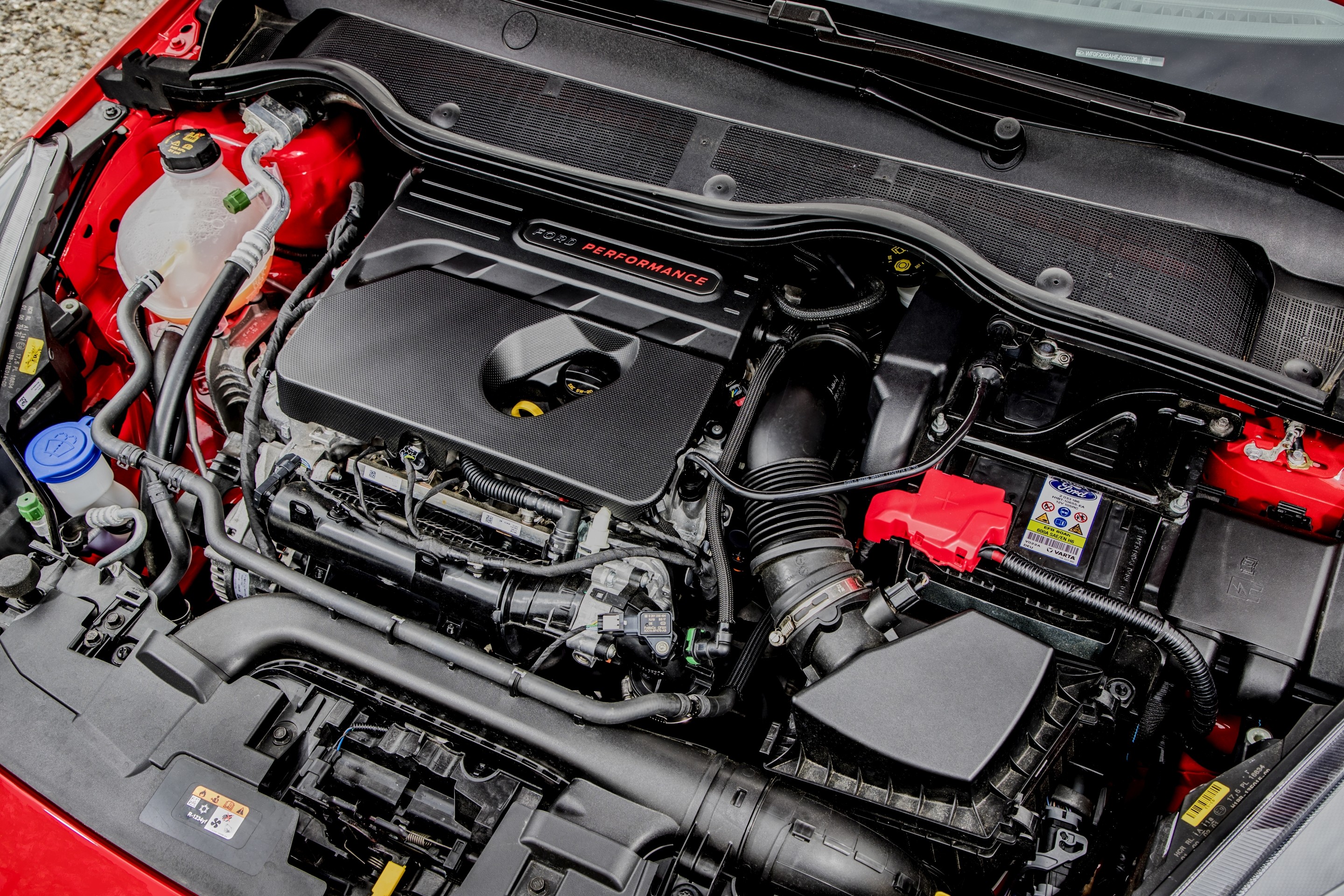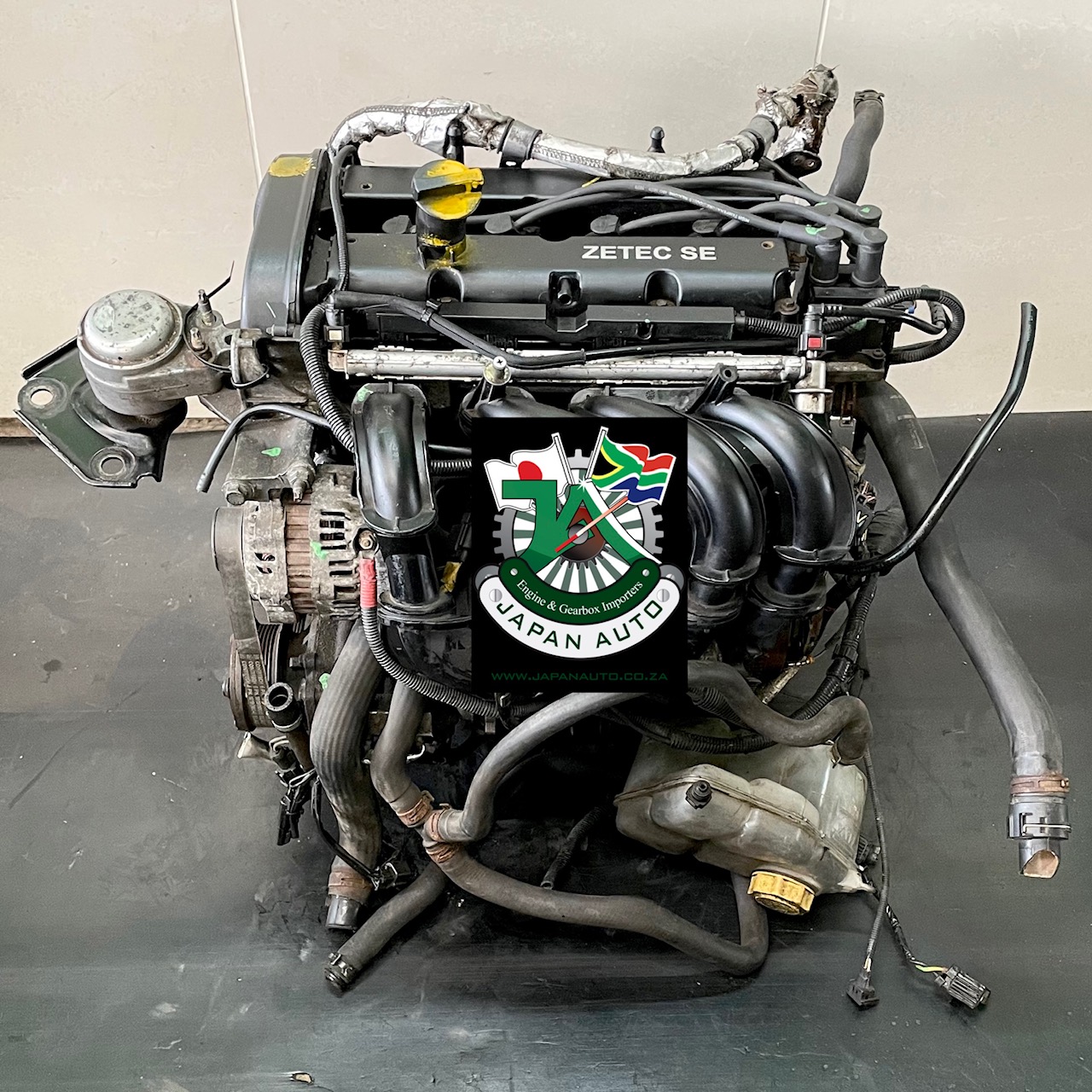The Future of Engines: Advancements Driving Sustainable Power Solutions
As the auto market browses the crucial transition towards sustainability, the future of engines is progressively defined by groundbreaking technologies. Electric engine advancements, together with promising advancements in hydrogen gas cells and biofuels, are improving the landscape of power solutions. The introduction of hybrid systems additionally complicates this advancement, providing both possibilities and challenges to minimize emissions efficiently. Paired with the integration of man-made intelligence in engine style, these technical strides elevate vital questions concerning their lasting feasibility and influence on conventional standards. What might this indicate for the market and customers alike?
Electric Engine Advancement
The advancement of electrical engine growths indicates a critical change in the automotive and aerospace industries, driven by the urgent need for lasting options to nonrenewable fuel sources. This shift is identified by significant developments in battery innovation, power electronics, and electric motor design, which jointly enhance the efficiency and efficiency of electrical engines.
Recent developments have led to the production of lighter, extra energy-dense batteries, such as lithium-silicon and solid-state batteries, which guarantee longer varieties and shorter charging times. Additionally, improvements in electric motor efficiency, such as using permanent magnets and progressed cooling systems, make it possible for electrical engines to run successfully under varying conditions. These enhancements not just enhance vehicle efficiency yet additionally add to a reduction in total energy intake.
Additionally, the combination of advanced software application algorithms has enhanced power management in electrical lorries, allowing for regenerative braking and predictive billing strategies. As suppliers progressively embrace electrical propulsion, the aerospace and automotive markets are seeing a standard change in the direction of greener modern technologies. This evolution not only satisfies regulatory demands however also lines up with consumer choices for ecologically pleasant transport options, strengthening electric engines as a keystone of future lasting mobility.
Innovations in Biofuels
As the aerospace and automobile sectors increasingly prioritize lasting power sources, advancements in biofuels become a complementary service to electrical engines. Biofuels, derived from organic products such as crops, waste, and algae, provide a cutting-edge avenue for minimizing greenhouse gas emissions and reliance on fossil gas.
Recent research study has concentrated on enhancing the effectiveness and sustainability of biofuel manufacturing. Second-generation biofuels utilize non-food feedstocks, minimizing competition with food supply and decreasing environmental influence. Advancements in artificial biology have actually made it possible for the engineering of microorganisms to produce biofuels more efficiently, leading to greater returns and lower production costs.
Additionally, the advancement of drop-in biofuels permits seamless integration right into existing facilities, enabling a smoother transition for sectors traditionally reliant on fossil gas. ford fiesta engine. These gas can be made use of in present engines without adjustments, facilitating their fostering throughout different markets
Investments in biofuel innovation, together with encouraging plans, are important to drive innovation and scalability. As the international neighborhood seeks to deal with climate change, biofuels offer a practical, instant option that aligns with the overarching goal of sustainability in transportation and aviation.
Hydrogen Gas Cell Innovation
A growing variety of researchers and companies are discovering hydrogen gas cell modern technology as a sensible option to conventional source of power in transport and power systems. This technology transforms chemical energy from hydrogen right into electrical power through an electrochemical response, with water as the only byproduct, making it an eco-friendly alternative.
The core of hydrogen fuel cells is the gas cell stack, where hydrogen particles are divided right into protons and electrons. The circulation of electrons generates power, while protons move via a membrane to incorporate with oxygen from the air, forming water. This procedure leads to high efficiency and reduced emissions, positioning hydrogen gas cells as an important player in the shift to lasting energy.
Substantial developments have actually been made in improving the longevity and efficiency of fuel cells, alongside decreasing prices through innovative manufacturing strategies. The advancement of hydrogen production methods, such as electrolysis powered by sustainable power sources, enhances the sustainability of the general system. As framework for hydrogen refueling expands and production techniques end up being more effective, hydrogen fuel cell modern technology holds excellent pledge for decarbonizing numerous fields, including heavy-duty transport and stationary power generation.
Hybrid Systems and Their Impact
Hybrid systems represent a significant advancement in lasting engine modern technology, merging typical inner combustion engines with electric propulsion to maximize power effectiveness and decrease emissions (ford fiesta engine). This dual approach allows lorries to use both source of power, allowing greater flexibility in power usage and decreasing dependence on nonrenewable fuel sources

Along with ecological advantages, crossbreed systems use consumers a practical change towards completely electrical lorries. They reduce array anxiousness by integrating the comfort of gas with the advantages of electrical propulsion, making them an appealing choice for a larger audience. As suppliers invest in hybrid technology, the development of more innovative battery systems and lightweight materials proceeds to enhance performance. On the whole, hybrid systems stand for an essential step in the direction of accomplishing sustainable transport and dealing with the immediate requirement for eco-friendly power solutions.
The Duty of AI in Engine Design
Leveraging innovative algorithms and maker learning methods, the auto market is significantly integrating man-made knowledge (AI) right into engine design procedures. AI enhances the efficiency and efficiency of layout by assessing large datasets to recognize optimal setups and efficiency criteria. This capacity allows engineers to replicate numerous operating problems and forecast engine actions under multiple situations, significantly reducing the time and cost connected with typical prototyping methods.
Additionally, AI helps with the advancement of sophisticated materials and burning procedures tailored for sustainability. By enhancing fuel performance and decreasing emissions, AI-driven layouts straighten with international campaigns focused on reducing the carbon impact of auto engines. Equipment learning formulas can additionally forecast maintenance needs, leading to improved reliability and longevity of engine parts.
In Addition, AI official site contributes in the combination of electrification innovations, such as hybrid systems, where it can optimize battery monitoring and energy recovery procedures. As the industry relocates in the direction of learn the facts here now even more lasting power remedies, the function of AI in engine design comes to be significantly essential, driving innovation and boosting the performance of future engines. Inevitably, the partnership between AI and engine style heralds a brand-new age of smarter, cleaner, and more reliable vehicle innovations.

Final Thought
To conclude, the future of engines is being formed by a merging of innovative technologies that prioritize sustainability. Electric engine improvements, biofuel growths, hydrogen fuel cells, and hybrid systems jointly contribute to a significant reduction in emissions and environmental influence. In addition, the integration of expert system in engine layout boosts performance and efficiency. These transformative solutions highlight a dedication to producing a cleaner, a lot more lasting vehicle landscape, eventually profiting both culture and the setting.
Electric engine innovations, along with encouraging growths in hydrogen fuel cells and biofuels, are reshaping the landscape of power remedies. In addition, renovations in electrical motor effectiveness, such as the use of irreversible magnets and progressed cooling systems, enable electrical engines to run successfully under varying problems. By maximizing gas effectiveness and lessening emissions, AI-driven designs align with global initiatives aimed at lowering the carbon impact of vehicle engines. As the industry relocates towards even more lasting power options, the role of AI in engine design comes to be progressively vital, driving technology and boosting the efficiency of future engines. Electric engine developments, biofuel growths, hydrogen fuel additional reading cells, and hybrid systems collectively contribute to a considerable reduction in discharges and environmental impact.